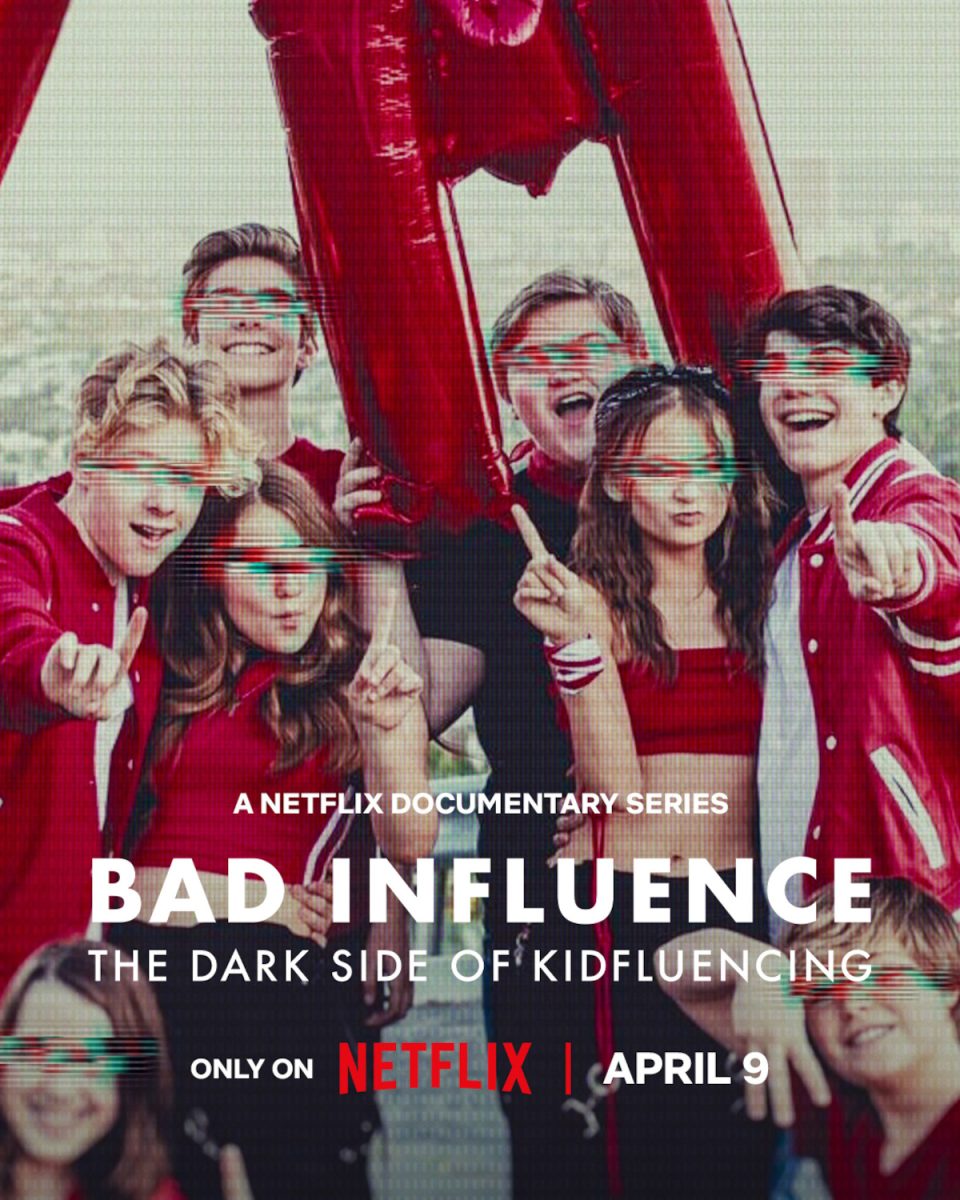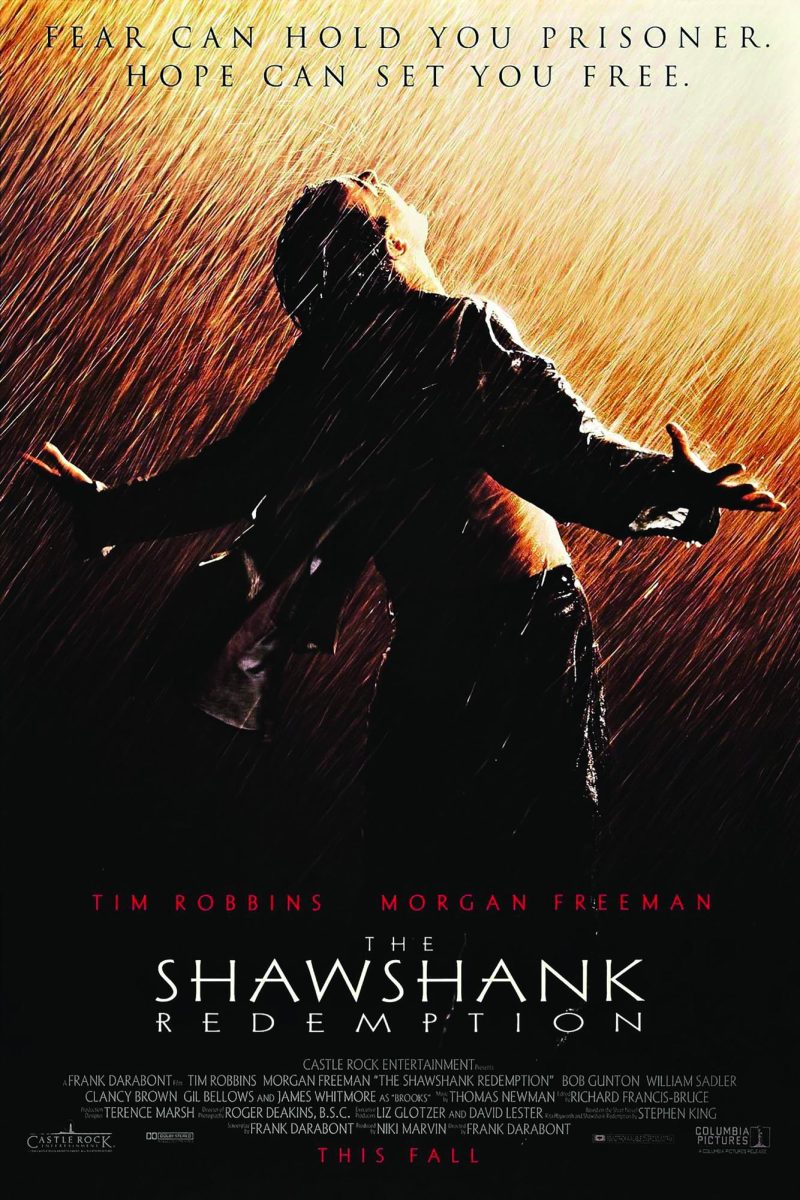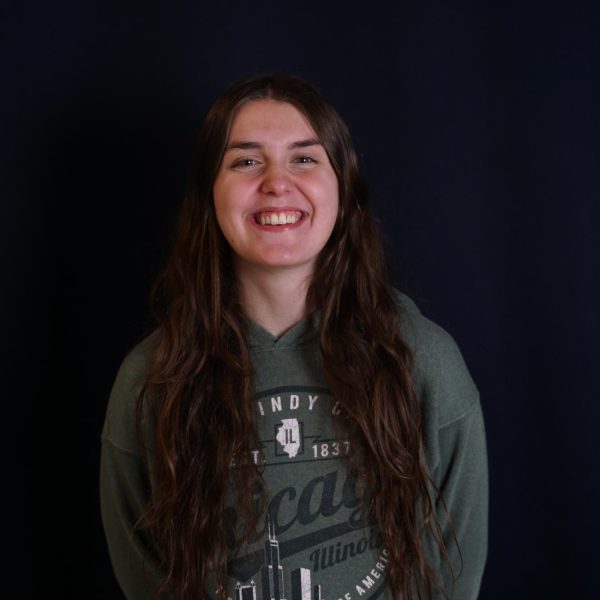The tradition of mentorship within West Albany High School sports extends beyond the sidelines and onto the field. It is a practice of mutual support and recognition that athletes are not only performing for an audience but uplifting one another as well.
“[Junior] Ryenn Domagala and I know what we both like, so we would buy each other things like Starbucks, Dutch Bros, and gift cards,” says freshman Leticia Sifuentez.
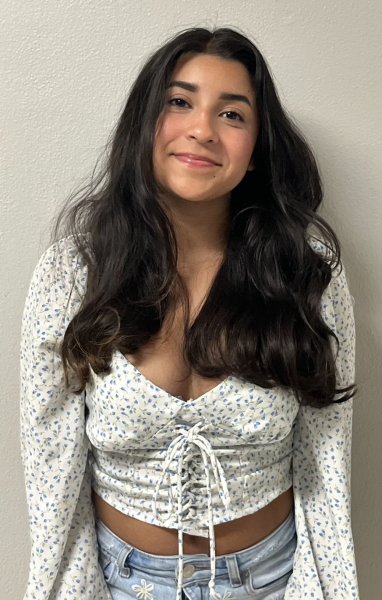
The Bigs and Littles program for the cheer team started before current cheer head coach Morgan Wadlow took her position. Usually, a veteran cheerleader who can teach and support others is paired with a beginning cheerleader. This year, it turned out that there were more new cheerleaders than old, so there were even some new senior cheerleaders paired with veteran ones.
By continuing this program, Wadlow hopes that next year there will be more veterans than new cheerleaders and that it can be an actual mentorship program. “The returning cheerleader will help them learn all the new cheers, chants, and fight songs,” says Wadlow. “There is a lot of material that our new cheerleaders have to learn and memorize, and then it can be more of a mentorship role.”
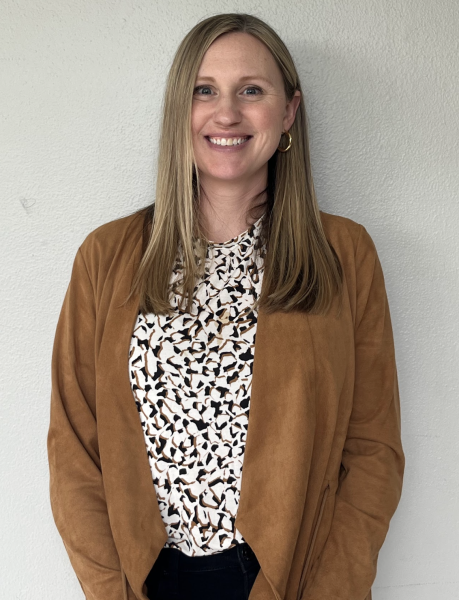
When people think about mentors, they believe it is someone highly experienced who has a lot of years in that sport. While the skills and techniques are a big part of sports, the amount of time they have spent does not matter.
“I think they [athletes] can have one year of experience,” Wadlow says. “It depends on the situation and the sport. A good mentor could be someone who only has one year ahead.”
At the same time, not all athletes are required to have a mentor. Senior and softball player Adie McArthur has been playing softball since she was 7 years old. “I do not think you need one, but I always think it is good to have someone to look up to,” McArthur said. While it is not necessary to have someone to help you throughout the sport, that is a teammate, having somebody to look up to is good.
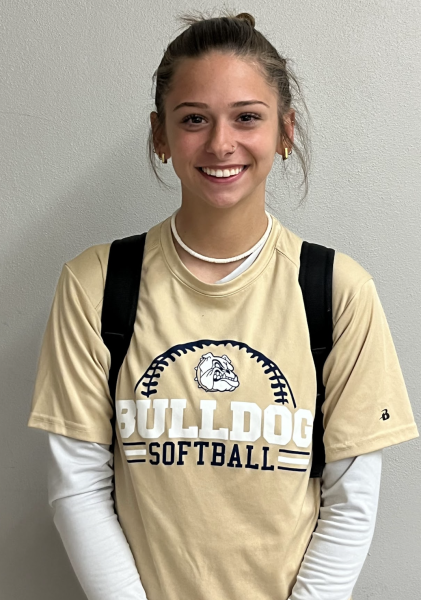
That said, having a mentor within every team is important. The athlete does not need to help everyone out, but has a good attitude for the whole team, especially for younger teammates.
“I think that it is important that every team has positive role models,” Wadlow said. “The younger athletes are hopefully looking up to them, whether or not it is a two-way interaction mentorship.”
Just being encouraging toward teammates can help them improve and feel better about themselves. While McArthur does not talk to her fellow softball players a lot, she will remind them when they do something good to let them know, or when they make a mistake, to support them and stay supportive.
“I do not talk much. I always feel like I am being bossy. I just feel like, for me, being a good role model is being nice,” McArthur said. “If they mess up, then you say that it is okay, and if they do something good, you let them know.”

